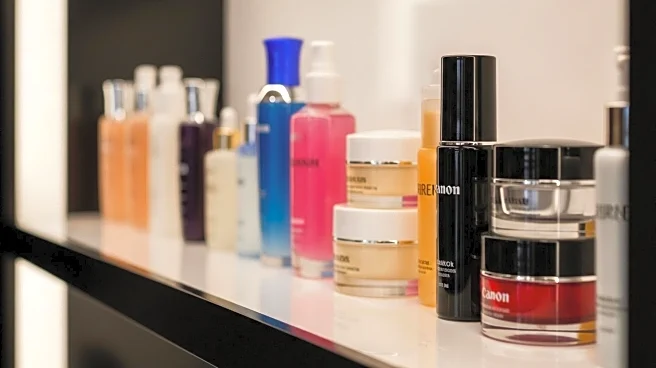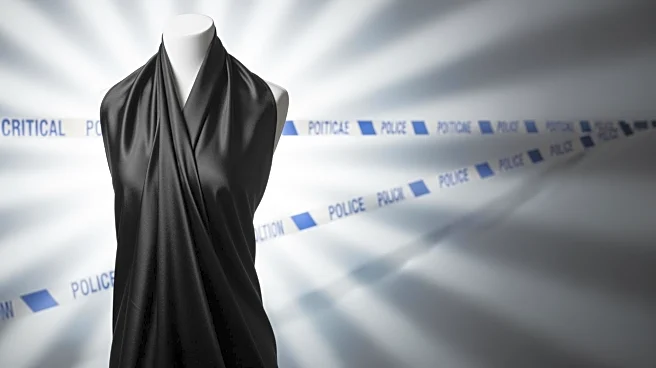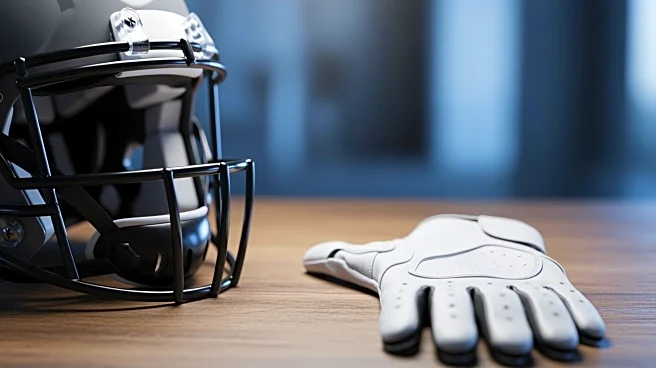What is the story about?
What's Happening?
A recent survey by ChangeUp highlights the evolving landscape of beauty retail in the U.S., as e-commerce continues to dominate with 48% of beauty sales year-to-date, according to NielsenIQ. The survey, which involved over 1,600 beauty shoppers, reveals that nearly half of consumers feel that physical retail has not kept pace with the rapid changes in beauty trends. Additionally, 69% of respondents find shopping for beauty products overwhelming. Nordstrom emerges as a leader in customer satisfaction, with 52% of shoppers expressing love for their shopping experience, followed by Ulta Beauty and Sephora. The survey also notes that drug and mass retailers like CVS Pharmacy, Walmart, and Walgreens rank lower in customer enjoyment, partly due to increased product lockups that hinder product interaction.
Why It's Important?
The findings underscore a critical shift in consumer expectations and the need for beauty retailers to adapt. As e-commerce continues to grow, brick-and-mortar stores must innovate to remain competitive. The emphasis on education and discovery in physical stores is becoming increasingly important, as consumers seek more than just a transactional experience. Retailers that fail to adapt may lose market share to those that offer a more engaging and interactive shopping environment. This shift could impact sales strategies, store layouts, and customer service approaches across the industry.
What's Next?
Retailers are likely to continue revamping their strategies to enhance customer experience. This may include redesigning store layouts to facilitate better product discovery and interaction, as seen with Nordstrom's recent changes. Additionally, there may be an increased focus on integrating digital and physical shopping experiences to cater to the growing e-commerce market. Retailers will need to closely monitor consumer trends and preferences to stay ahead in the competitive beauty market.
Beyond the Headlines
The survey results also highlight a broader trend of consumer demand for personalized and immersive shopping experiences. This could lead to a reevaluation of traditional retail models and the adoption of new technologies, such as augmented reality, to enhance customer engagement. The shift towards specialty beauty stores suggests a growing preference for curated and niche product offerings, which could influence product development and marketing strategies.















